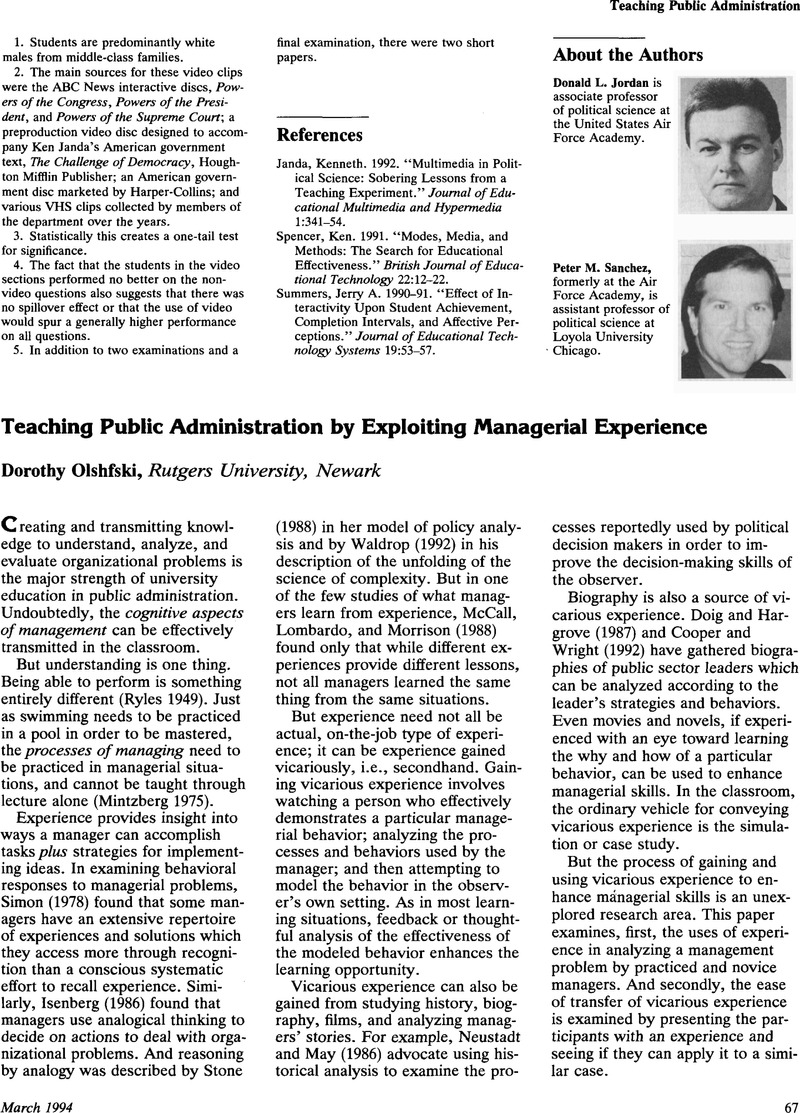Crossref Citations
This article has been cited by the following publications. This list is generated based on data provided by Crossref.
Tung-Wen Sun, Milan
and
Gargan, John J.
1997.
In search of identity: Public administration education in taiwan.
International Journal of Public Administration,
Vol. 20,
Issue. 7,
p.
1411.
Sementelli, Arthur
2009.
Images in public administration: using popular media to bridge theories and practices.
Journal of Management Development,
Vol. 28,
Issue. 7,
p.
607.


